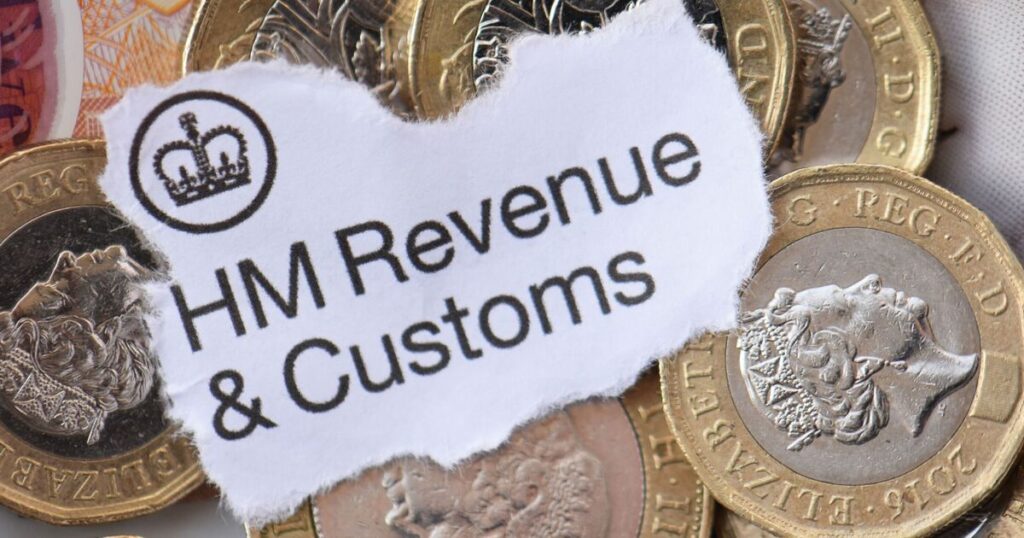
Over 500,000 Brits are eligible for a cash boost of up to £1,200. The HMRC is urging more people to sign up to the Government’s Help to Save Scheme, which has already paid out over £220 million.
The scheme is available to those on low income,s and 550,000 people are now able to create an account. It offers a 50% bonus on savings with a maximum deposit of £2,400 over four years. Savers can pay between £1 and £50 each month and bonuses are paid directly into bank accounts after two and four years.
As reported by GB News, Economic Secretary to the Treasury Lucy Rigby said: « The Government’s Help to Save scheme has boosted the savings of over half a million people across the country to the tune of £220 million.
« We’re committed to helping families build financial resilience and putting more money in the pockets of working people. »
The scheme, launched in 2018, will close in 2027. To be eligible, applicants must live in the UK and receive Universal Credit, with a pay of at least £1 in their last monthly assessment period.
This means that around 550,000 people can now open a Help to Save account. Those living overseas as members of the armed forces or Crown Servants may also be eligible.
Myrtle Lloyd, HMRC’s Chief Customer Officer, said: « Millions have been paid out to people who are putting aside whatever cash they can spare each month – so don’t miss out on making the most of your savings. Go to GOV.UK to open your Help to Save account today. »
You can open an account on the HMRC app, which allows savers to deposit money, track their funds and view bonus payments. The money can be withdrawn at any time.
Antonia Stokes, Senior Manager at the Low Incomes Tax Reform Group, said: « The Help to Save scheme is a very attractive product for people on low incomes who want to get into a regular savings habit.
« Everyone who is eligible to take part in the initiative has the chance to earn a bonus on top of the money that they put in, and these bonuses can be increased by paying in the maximum amount allowed each month and making no withdrawals. »
